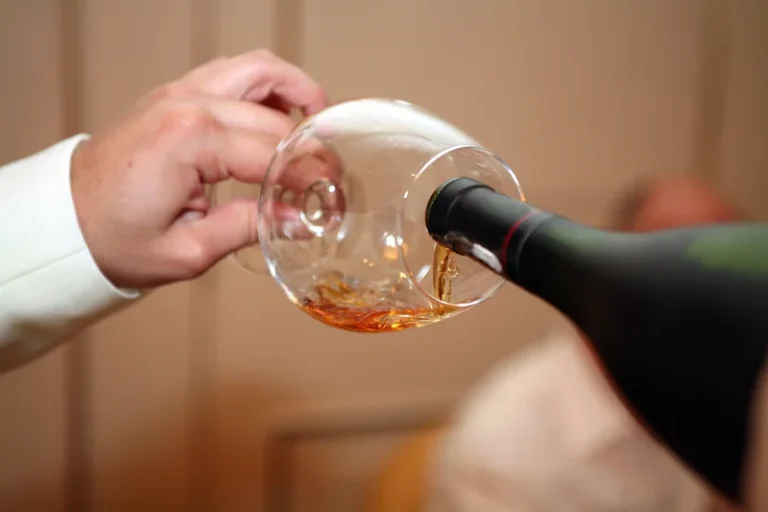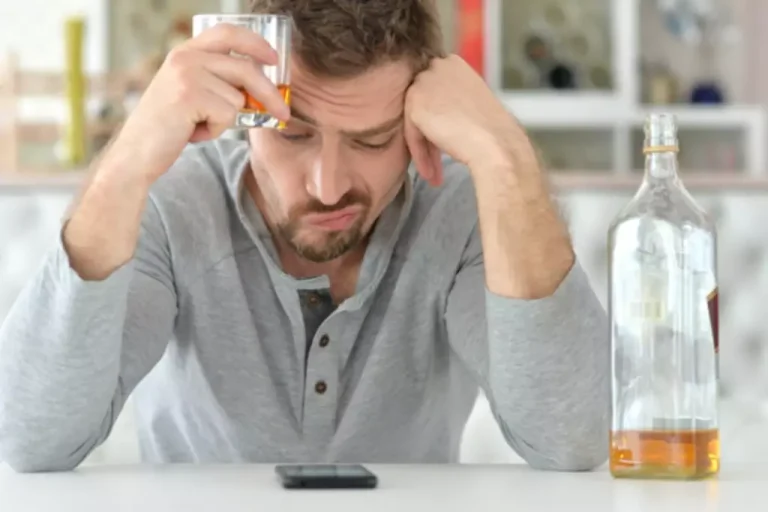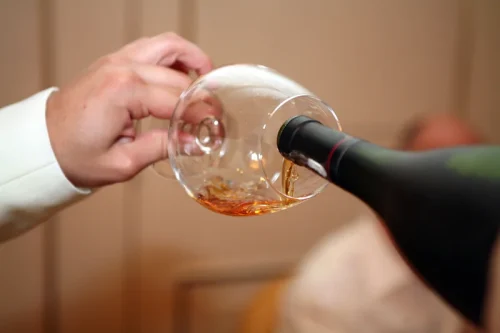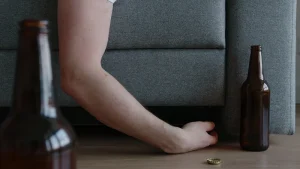
Eminem has spoken candidly about his past struggles with substance use. Several other rappers, from Macklemore to Kendrick Lamar, have relayed the dangers of drug abuse through song. Instead of glorifying the behavior, a bevy of rap artists speak of addiction in a more somber tone.
- Another artist who passed away due to an overdose was Chris “Mac Daddy” Kelly.
- It’s important to recognize the profound impact that drug addiction has on rappers’ lives and careers.
- The Music Culture IRL project provides a framework for writers to explore a social issue or global challenge that matters to them in the context of music culture.
- His cause of death was the result of a lethal combination of heroin, cocaine, and Xanax.
- Understanding these factors is crucial in addressing drug addiction within the rap industry.
A History of Sobriety In Hip-Hop Lyrics
- Addressing the stigma and misconceptions surrounding drug addiction is a crucial step in promoting a more compassionate and supportive society.
- Also known as molly and MDMA, the drug often shows up at nightclubs and concerts.
- It permeates the music, it’s imprinted in the culture and recently, it’s been having deadly consequences for rappers.
Artists including Kid Cudi, Big K.R.I.T., Joe Budden, and Macklemore have discussed the dangers of addiction, sharing their own experiences. While addiction has deeply influenced rap music, the themes of recovery and sobriety are becoming increasingly prominent. More and more artists are bravely sharing their stories of sobriety, highlighting the authentic challenges of recovery and debunking the myth that creativity thrives on drug use.
Case Study 1: Eminem

The last line of the song is “But lately, I been feeling like a slave for the nicotine,” describing his struggle to quit nicotine. Rapper rappers with drug addiction Kid Cudi’s troubles with co-occurring disorders are well-known. Early in his career, he used cocaine and marijuana to cope with newfound fame and alleviate his years-long battle with anxiety and depression. In his music, he reveals the mental health problems that have plagued him for years. In his song “Finish Line/Drown,” he explained how his addiction to Xanax led to memory problems and lost opportunities in his career.

Eminem
By breaking down barriers and educating the public, we can create an environment where individuals struggling with drug addiction feel empowered to seek help and embark on the path to recovery. Public awareness campaigns and initiatives have emerged, aiming to educate the public about the realities of drug addiction and encourage empathy towards those affected. These efforts aim to combat the stigma surrounding addiction and promote a more understanding and supportive environment for rappers seeking help. Lil Wayne has had a well-documented history of drug addiction, including struggles with lean (a concoction of codeine and promethazine), which led to multiple seizures and hospitalizations. He has publicly acknowledged his addiction issues and has sought treatment to overcome them.
Why ‘70s Rock Stars Turned to Cocaine

Because it is cheaper and more readily available than powdered cocaine, crack quickly took hold in poor urban communities. Big dog DMX is tough as barbed wire and slicker Drug rehabilitation than an oil spill, but even he’s had a hard time fighting addiction. He’s battled with cocaine and crack addiction, among other things, and it’s sent him to jail almost 30 times. He tells in the above video about how his children were his inspiration to finally get clean.

We can help you along the path to a healthy, successful, and stable life.
- Many have penned verses about taking drugs to cope with trauma and depression.
- He has publicly stated that he no longer uses drugs, showing that recovery is possible and emphasizing the importance of seeking help when needed.
- Around this time, rap songs praising marijuana use began to experience commercial success.
- In hip hop and rap music, controversial topics are constantly talked about, including gun violence, drugs, and gang violence.
- “Fentanyl is much cheaper to make and easier to smuggle because small amounts are very powerful. Many who overdose have no idea the substances they are taking include fentanyl.”
Earl Simmons, better known as DMX, had a long and tragic history with addiction. His struggle began at a young age, when he was tricked into smoking a crack-laced blunt at just 14 years old, which marked the start of his lifelong addiction. Flav’s addiction was so severe that his family had to stage an intervention, which eventually led him to check himself into the Betty Ford Center to treat his crack-cocaine addiction.
Many artists reclaimed their lives through treatment and second chances, proving it’s possible to move beyond the chaos and keep the music alive. The Music Culture IRL project provides a framework for writers to explore a social issue or global challenge that matters to them in the context of music culture. …in which he is describing how nothing beats Nikki, nicotine, and no one can beat that feeling (lines 12–15). He also explains that “I hate it that I need you, Nikki,” which is telling the listener about his cravings and desire for nicotine (line 41).
The Influence of Drug Culture in Rap
On April 9, 2021, the “Party Up (Up in Here)” rapper suffered a heart attack that was triggered by a cocaine overdose. Given more reasons to quit, including the overdose death of Mac Miller in September 2018, rappers are deciding enough is enough. XXL gathered a list of rhymers who recently walked away from their most detrimental vice. Recently there has been a noticeable shift in the mindset of some MCs when it comes to self-medicating on opiates.
Rapper Recovery Journeys
By educating the public about the nature of addiction, we can foster empathy and promote a more inclusive and supportive society. Drug addiction has had a profound impact on the rap industry, affecting both individual rappers and the industry as a whole. Let’s take a closer look at the overview of drug addiction among rappers and the factors contributing to this issue.

Witnessing the consequences of substance abuse can potentially prompt other artists to reflect on their own behaviors and make positive changes. For rappers struggling with drug addiction, seeking help and overcoming their addiction is a crucial step towards recovery. There are various treatment options and resources available to support individuals in their journey to overcome addiction.

